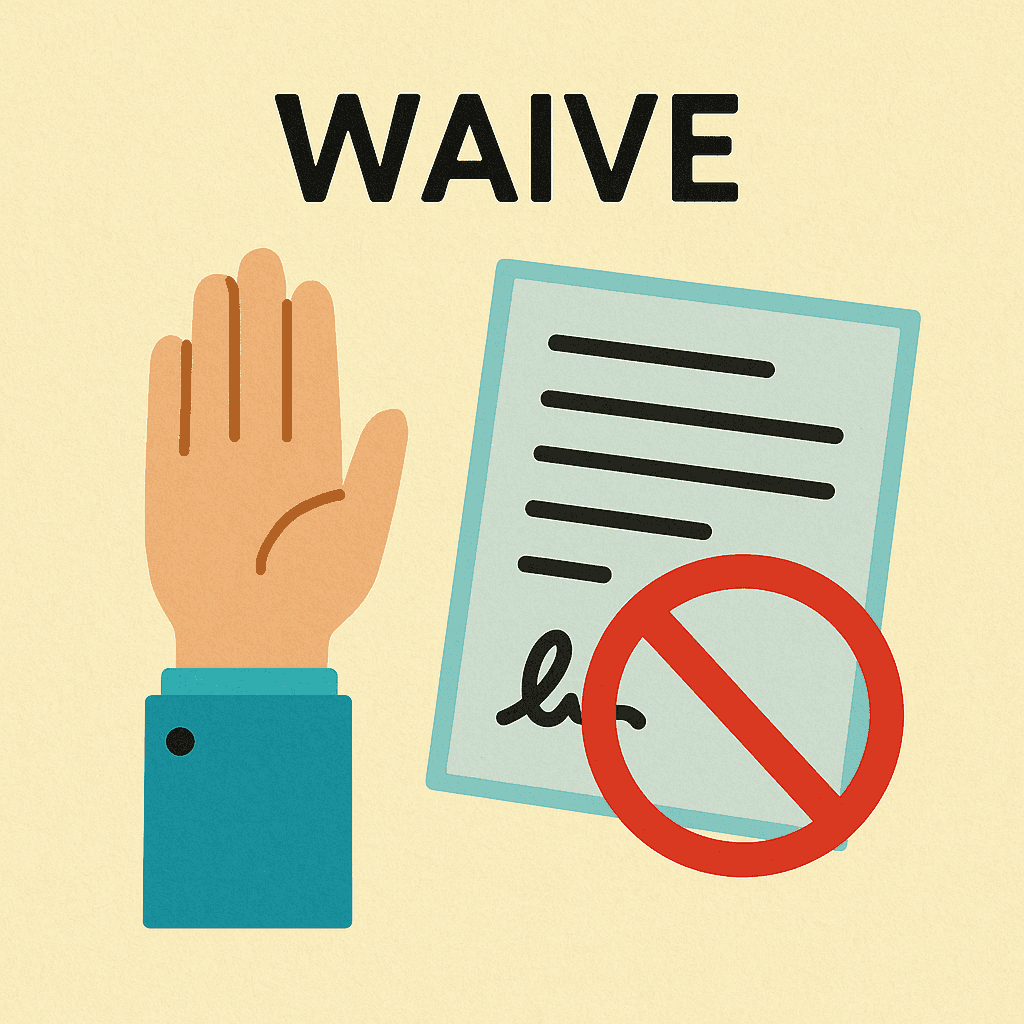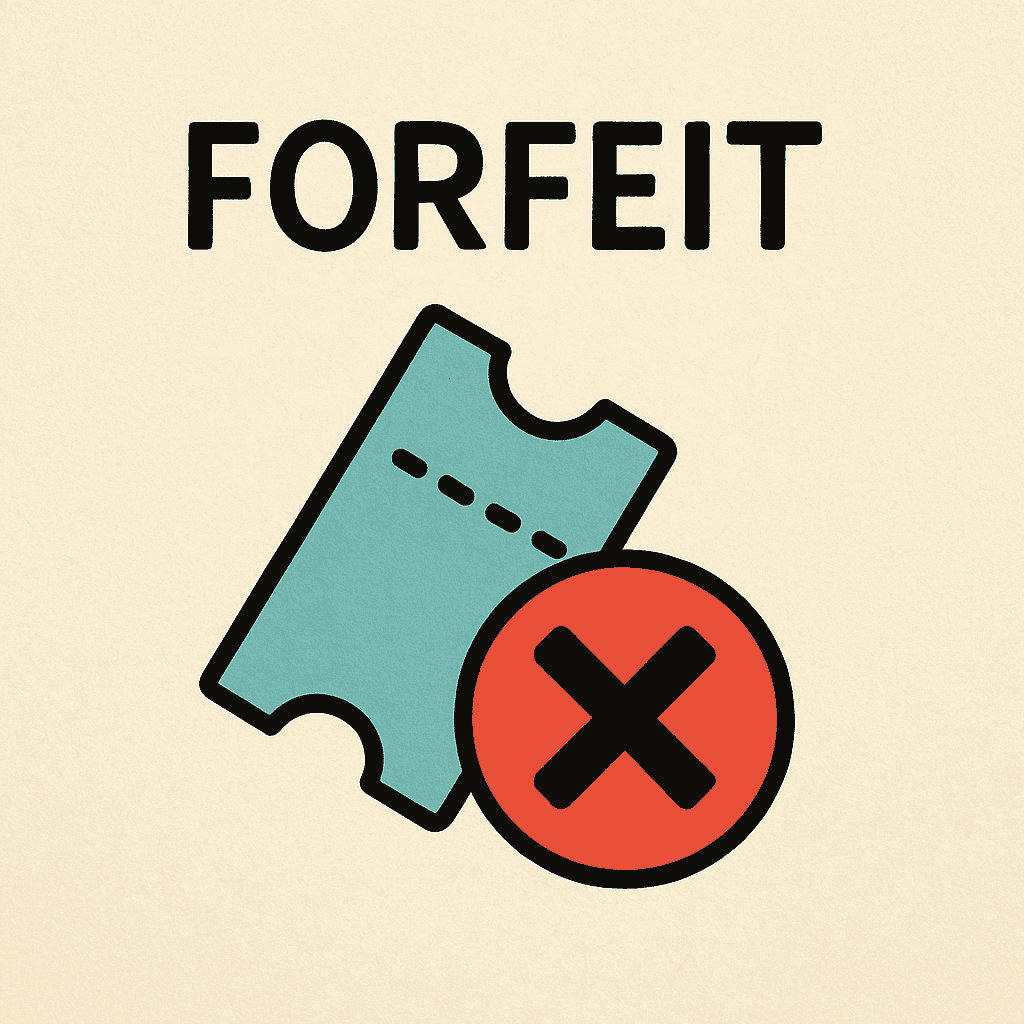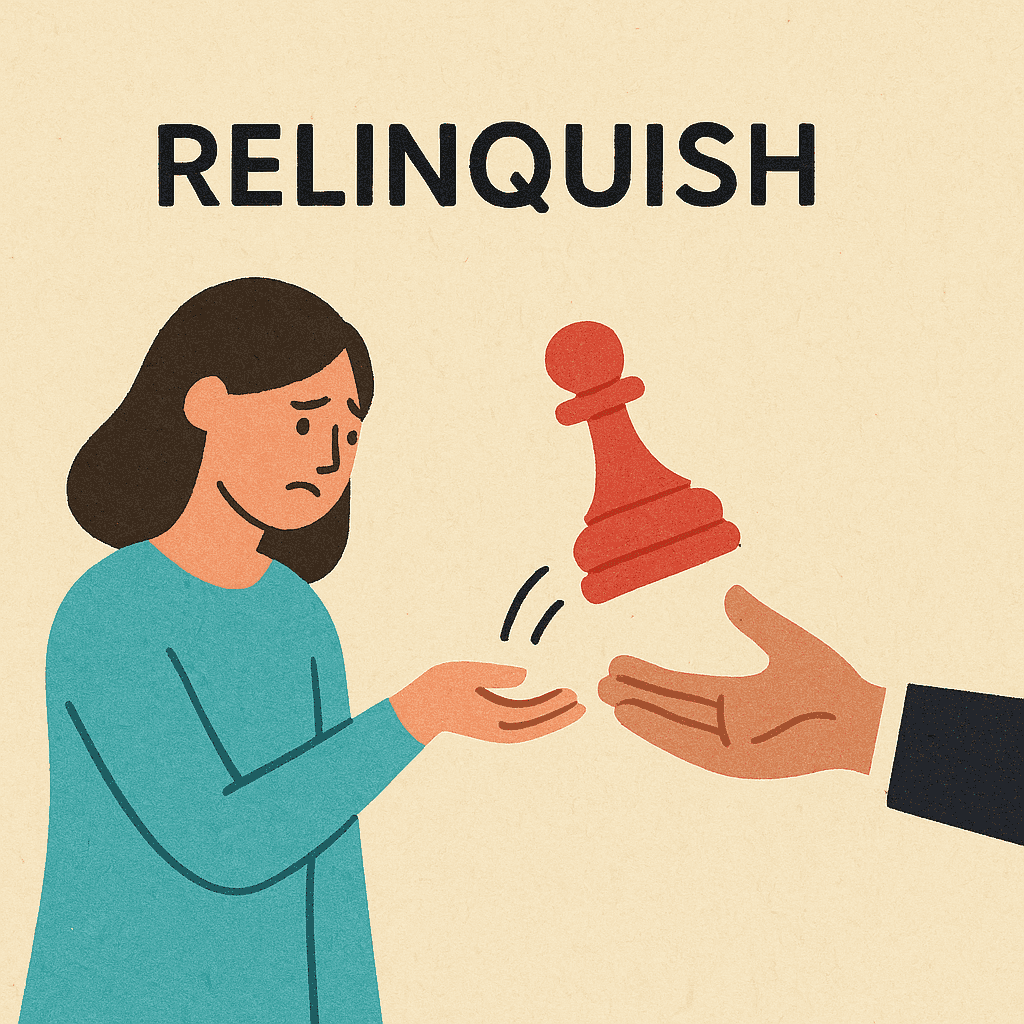Meaning
Waive means to give up voluntarily, to refrain from insisting on something, or to choose not to enforce a right, claim, or rule.
Grammar and Usage
-
Part of speech: Verb (transitive)
-
Typical structures:
- waive + noun (e.g., waive a fee, waive a requirement)
- waive one’s rights
- be waived (passive voice, e.g., “The fee was waived.”)
It is often used in legal, financial, and formal contexts.
Common Phrases
- waive a fee
- waive a requirement
- waive one’s rights
- waive the penalty
- waive formalities
Collocations
- Verb + waive: agree to waive, choose to waive, decide to waive
- Noun + waive: fee waiver, waiver form, waiver agreement
Examples
- The bank agreed to waive the late payment fee.
- She chose to waive her right to remain silent.
- The company decided to waive the shipping charges for all orders over $50.
- You must sign a waiver form if you want to participate in the activity.
- The university waived the entrance exam requirement for international students.
- He waived his claim to the inheritance.
- The court waived the usual procedure due to special circumstances.
- They asked the landlord to waive the penalty for breaking the lease early.
Synonyms or Related
- relinquish
- renounce
- forgo
- give up
- abandon
Antonym
- enforce
- insist on
- demand
- retain


